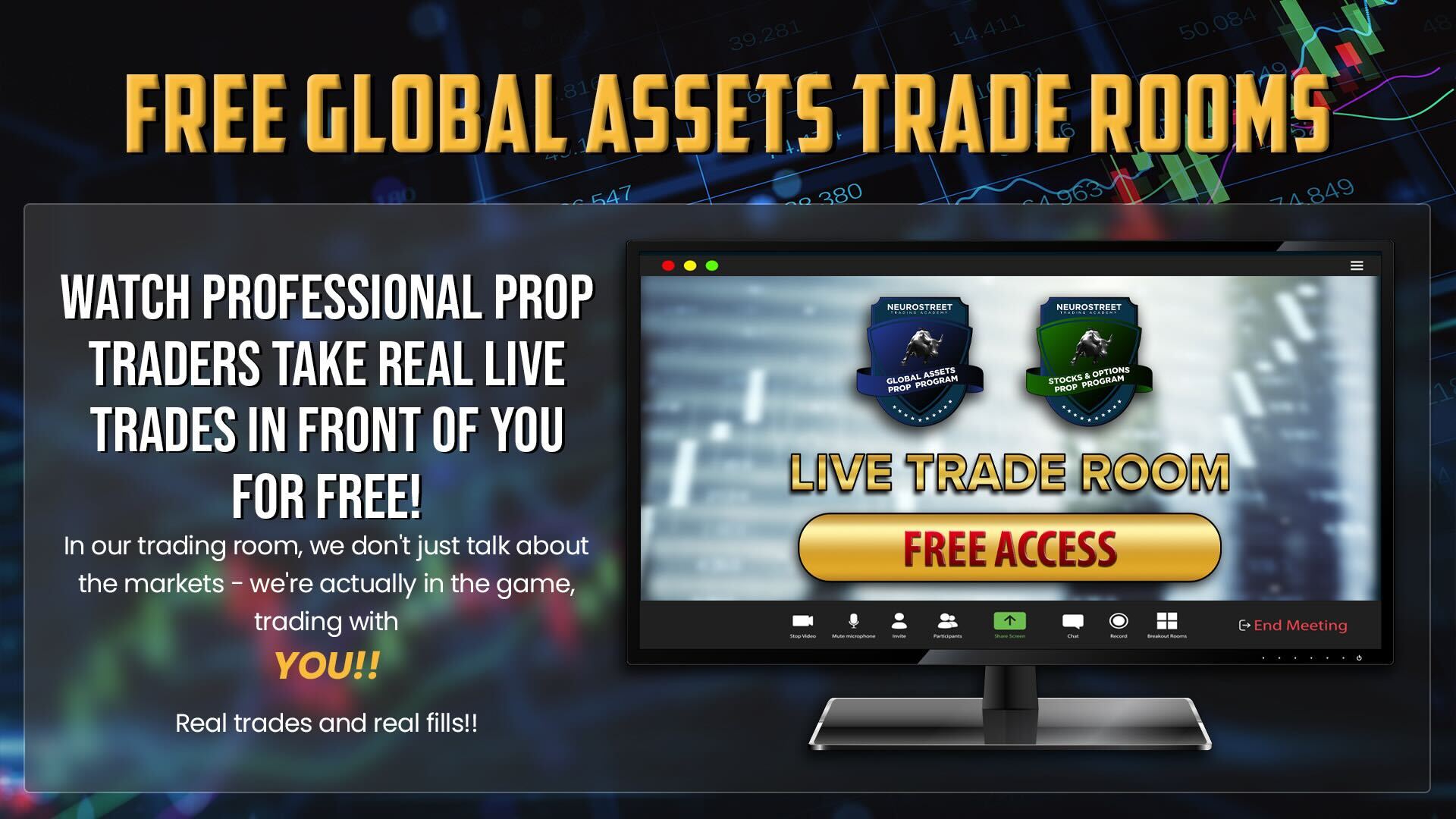The time has come! You’ve got your futures account set up and ready to go, but maybe you’ve got a few more questions about Futures and what exactly they entail. In our continuing education series of this blog, we explore the basics behind the futures market to help you better understand all aspects of trading.
First of all, what is a “futures exchange”? Futures trade on different exchanges than stocks, options and forex.
These specialized markets are where you’ll be trading and include:
- CBOT (Chicago Board of Trade) is the 1st and oldest exchange in the world.
- CME (Chicago Mercantile Exchange) in 2007 became the largest exchange in the world and purchased the CBOT.
- ICE (Intercontinental Exchange) is the youngest and is only electronic.
- NYBOT (New York Board of Trade) is owned by (ICE).
Now, that we understand where we’ll be trading, what exactly are futures? Futures are financial contracts where two parties agree upon buying or selling something with the terms identified now but the payment and delivery taking place at a future date.
- If you buy a futures contract you are agreeing to buy something from a seller (for future delivery) at a specific price based on an underlying asset.
- If you sell a futures contract you are agreeing to sell something to a buyer (for future possession) at a specific price based on an underlying asset.
Settlement is the act of fulfilling the contract. Some contracts are cash settled and some with physical delivery.
- Cash settled contracts use an external reference to settle the contract between the buyer and seller. (Example: Equity indexes settle based on the closing price of the index on the settlement date.)
- Physical settlement contracts require the trader to make or receive delivery if they have an open position at expiration. (Example: “Soft” contracts like Corn, Oil, Wheat, or Cocoa require delivery or receipt by the trader after the settlement date.)
There are two types of futures contracts you can buy & sell: E-minis and full sized contracts.
- E-Mini’s are a certain type of futures contract. The “E” stands for electronically traded and the “Mini” tells us that the contract is typically 1/5 the size of the standard contract. E-mini’s provide faster fills and better prices than full sized contracts.
- Full-size contracts are a larger contract. Full-size contracts are pit traded and have larger leverage. Typically traded by larger traders and institutions. Also used to make large size trades due to liquidity requirements.


